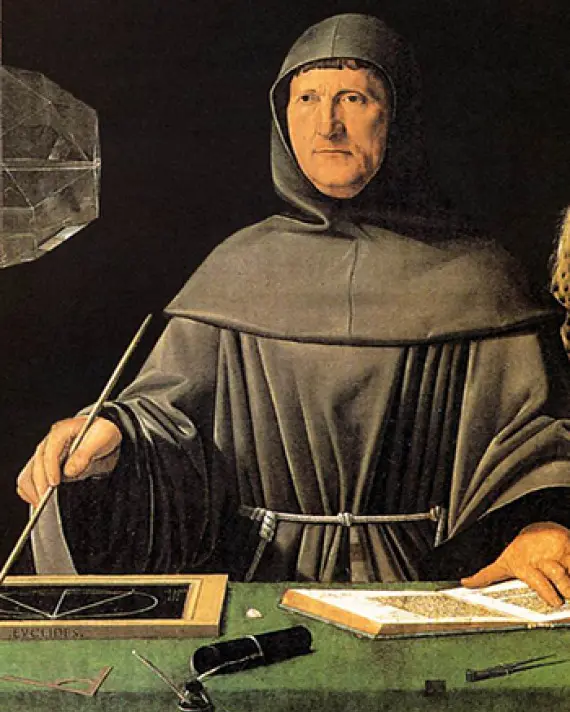
Origin and Early History of Commerce:
Commerce is the large-scale organized system of activities, functions, procedures and institutions that directly or indirectly contribute to the smooth, unhindered distribution and transfer of goods and services on a substantial scale and at the right time, place, quantity, quality and price through various channels from the original producers to the final consumers within local, regional, national or international economies. The diversity in the distribution of natural resources, differences of human needs and wants, and division of labour along with comparative advantage are the principal factors that give rise to commercial exchanges.
Commerce consists of trade and aids to trade (i.e. auxiliary commercial services) taking place along the entire supply chain. Trade is the exchange of goods (including raw materials, intermediate and finished goods) and services between buyers and sellers in return for an agreed-upon price at traditional (or online) marketplaces. Commerce drives economic growth, development and prosperity, promotes regional and international interdependence, fosters cultural exchange, creates jobs, improves people's standard of living by giving them access to a wider variety of goods and services, and encourages innovation and competition for better products.
Commerce traces its origins to ancient localized barter systems, leading to the establishment of periodic marketplaces, and culminating in the development of currencies for efficient trade. In medieval times, trade routes (like the Silk Road) with pivotal commercial hubs (like Venice) connected regions and continents, enabling long-distance trade and cultural exchange. From the 15th to the early 20th century, European colonial powers dominated global commerce on an unprecedented scale, giving rise to maritime trade empires with their powerful colonial trade companies ((e.g., Dutch East India Company and British East India Company) and ushering in an unprecedented global exchange (see Columbian exchange). In the 19th century, modern banking and related international markets along with the industrial revolution fundamentally reshaped commerce.
Developments in Commerce:
1. Medieval Trade Fairs: In Europe, medieval trade fairs such as those in Champagne, France, and Leipzig, Germany, played a crucial role in the development of commercial practices and international trade.
2. Age of Exploration: The European Age of Exploration (15th-17th centuries) expanded commerce globally, with explorers like Vasco da Gama and Christopher Columbus seeking new trade routes to Asia and the Americas.
3. Industrial Revolution: The 18th and 19th centuries brought about significant advancements in transportation, communication, and manufacturing, leading to the rise of modern commerce and the development of corporations.
Father of Accounting and Commerce:
Luca Pacioli: Often referred to as the "Father of Accounting," Luca Pacioli was an Italian mathematician and friar who published a book in 1494 titled Summa de arithmetica, geometria, proportioni et proportionalità, which included a section on double-entry bookkeeping. His work laid the foundation for modern accounting practices and had a profound influence on the development of commerce.

A Bachelor of Commerce-Honours with a specialization in Financial Markets is an undergraduate program designed to provide students with a comprehensive understanding of the financial market environment, including its instruments, institutions, and operations. This program typically covers topics such as financial management, investment analysis, portfolio management, corporate finance, risk management, and financial derivatives.
Students gain insights into the functioning of stock markets, the regulatory framework governing financial markets, and the role of various financial intermediaries. The curriculum often includes practical training through internships, live projects, and exposure to trading simulations, preparing graduates for careers in investment banking, financial analysis, portfolio management, and other roles within the financial services industry.
By the end of the program, graduates are equipped with the skills and knowledge to navigate the complexities of financial markets, make informed investment decisions, and contribute effectively to the financial sector's growth and stability.

To be a leading center of excellence in commerce education, fostering innovative thinking, and preparing students for successful careers in business and beyond and to develop globally competent commerce professionals who can contribute to the growth and development of the economy.

- To provide high-quality commerce education that equips students with knowledge, skills, and values necessary to succeed in the dynamic business environment.
- To foster a culture of academic excellence, innovation, and entrepreneurship, and to prepare students for careers in commerce, industry, and government.
- To develop and nurture partnerships with industry, academia, and government to promote research, consultancy, and continuing education in commerce and related areas.